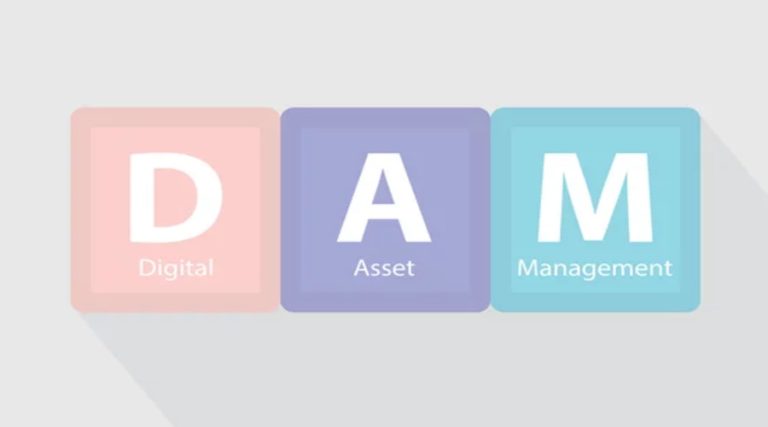
Security Measures of Crypto Exchanges: How Safe Are Your Funds?
In recent years, the cryptocurrency market has grown tremendously, with Bitcoin leading the pack. As the market grows, so does the number of cryptocurrency exchanges. These exchanges offer a way for traders to buy and sell digital assets. However, the increasing number of exchanges has also led to an increase in cybercrime, with hackers targeting these exchanges to steal digital assets. Cryptocurrency exchanges have been at the forefront of the digital currency revolution, providing an efficient way for traders to buy, sell, and store digital assets. However, as with any financial transaction, the risk is always involved. Security is paramount, and crypto exchanges need to take the necessary measures to ensure their users’ funds are safe. In this article, we will take a closer look at the security measures employed by crypto exchanges and evaluate how safe your funds are.
What are Crypto Exchanges?
Crypto exchanges are online platforms that allow users to buy and sell cryptocurrencies. These exchanges act as intermediaries between buyers and sellers and charge a fee for their services. Some of the popular exchanges include Binance, Coinbase, and Kraken.
How Safe Are Crypto Exchanges?
The safety of crypto exchanges has been a major concern for investors, given the high-profile hacks in recent years. These hacks have resulted in the loss of millions of dollars worth of digital assets. However, crypto exchanges have taken measures to beef up their security and protect their users’ funds.
Two-factor Authentication
Two-factor authentication (2FA) is a security measure that requires users to provide two forms of identification before they can access their accounts. This helps to prevent unauthorized access to user accounts, even if a hacker has stolen the user’s password. Most crypto exchanges require users to enable 2FA before they can access their accounts.
Cold Storage
Cold storage is a security measure that involves storing digital assets offline in a hardware wallet. This reduces the risk of hacks since the assets are not connected to the internet. Most crypto exchanges use cold storage to store a significant portion of their users’ funds.
Know Your Customer (KYC) and Anti-Money Laundering (AML) Policies
KYC and AML policies are measures put in place to prevent money laundering and other illegal activities. Crypto exchanges are required to verify the identity of their users and report any suspicious activities to the relevant authorities.
Insurance
Some crypto exchanges offer insurance to their users, covering them against loss or theft of their digital assets. This provides an extra layer of protection for users’ funds.
Common Hacks for Crypto Exchanges
Crypto exchanges have been a prime target for hackers due to the high value of digital assets stored on their platforms. Some of the most common hacks that have occurred include:
Phishing Scams
Phishing scams involve fraudsters sending emails that appear to be from a legitimate source, such as a crypto exchange. The emails contain links that, when clicked, lead users to fake websites that look identical to the real exchange’s website. The hackers then steal the user’s login credentials and gain access to their account.
Malware Attacks
Malware attacks involve hackers using malicious software to gain access to a user’s computer or mobile device. Once the hacker has access, they can steal login credentials and gain access to the user’s crypto exchange account.
DDoS Attacks
Distributed Denial of Service (DDoS) attacks involve hackers overwhelming a website’s servers with traffic, causing it to crash. While DDoS attacks do not directly steal digital assets, they can disrupt the exchange’s operations, preventing users from accessing their accounts and making trades.
Additional Security Measures for Crypto Exchanges
In addition to the measures mentioned above, some crypto exchanges have implemented additional security measures to protect their users’ funds further. These measures include:
Multi-Signature Wallets
Multi-Signature (multisig) wallets require multiple signatures before any transaction can take place. This provides an extra layer of security, as it ensures that no single user has complete control over the funds.
Security Audits
Cryptocurrency exchanges can conduct security audits to identify and fix vulnerabilities in their systems. These audits can be performed by third-party companies that specialize in cybersecurity.
Bug Bounties
Bug bounties are rewards offered to individuals who find and report security vulnerabilities in a company’s system. Crypto exchanges can offer bug bounties to incentivize cybersecurity researchers to find and report vulnerabilities before hackers can exploit them.
Best Practices for Securing Your Crypto Exchanges Account
While crypto exchanges are taking measures to protect their users’ funds, there are also steps that users can take to secure their accounts. These include:
Enabling Two-Factor Authentication
As mentioned earlier, two-factor authentication provides an additional layer of security to users’ accounts.
Using a Hardware Wallet
Hardware wallets like Trezor or Ledger provide a secure way to store digital assets offline. Users can transfer their funds from the exchange to the hardware wallet for added security.
Keeping Your Software Up to Date
Users should ensure that their computer or mobile device is running the latest software updates. These updates often include security patches that fix known vulnerabilities.
Conclusion
Crypto exchanges are constantly improving their security measures to protect their users’ funds. However, the risk of hacks and thefts is still present. By taking additional measures to secure their accounts, users can help mitigate the risks associated with trading on crypto exchanges.
FAQs
Q: What are some common security measures used by crypto exchanges?
A: Some common security measures used by crypto exchanges include two-factor authentication (2FA), SSL encryption, cold storage, and IP whitelisting.
Q: What is two-factor authentication (2FA)?
A: Two-factor authentication (2FA) is a security measure that requires users to provide two forms of identification before accessing their account. This can include a password and a verification code sent to a mobile device or email.
Q: What is cold storage?
A: Cold storage is a security measure that involves storing cryptocurrency in an offline wallet that is not connected to the internet. This helps to protect funds from hackers and other security threats.
Q: What is IP whitelisting?
A: IP whitelisting is a security measure that allows users to restrict access to their account to a specific IP address or range of IP addresses. This helps to prevent unauthorized access from unknown sources.
Q: Can crypto exchanges guarantee the safety of my funds?
A: While crypto exchange can implement strong security measures to protect funds, they cannot guarantee 100% safety. It’s important for users to take their own precautions, such as using strong passwords and enabling 2FA, and to only use reputable and trusted exchanges.
I’m a professional writer. I have been writing about Cryptocurrencies for more than 2 years now and I consider myself one of the best authors in this field. I am very passionate about this technology and I believe that it will change the world as we know it. If you want to learn more about cryptocurrencies, you should definitely check out my work!


